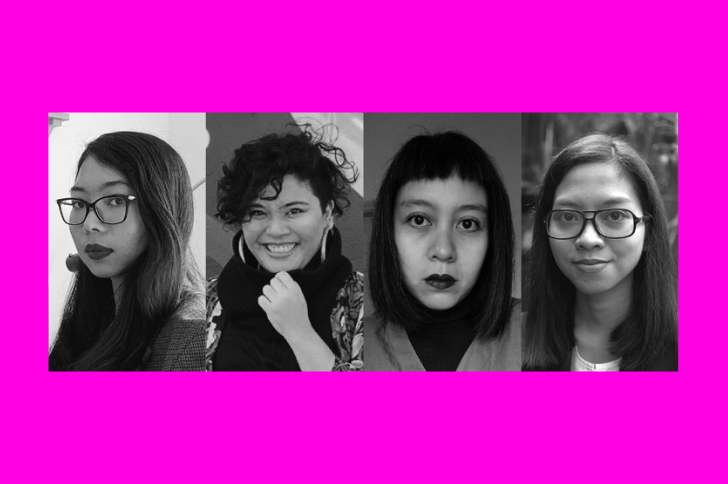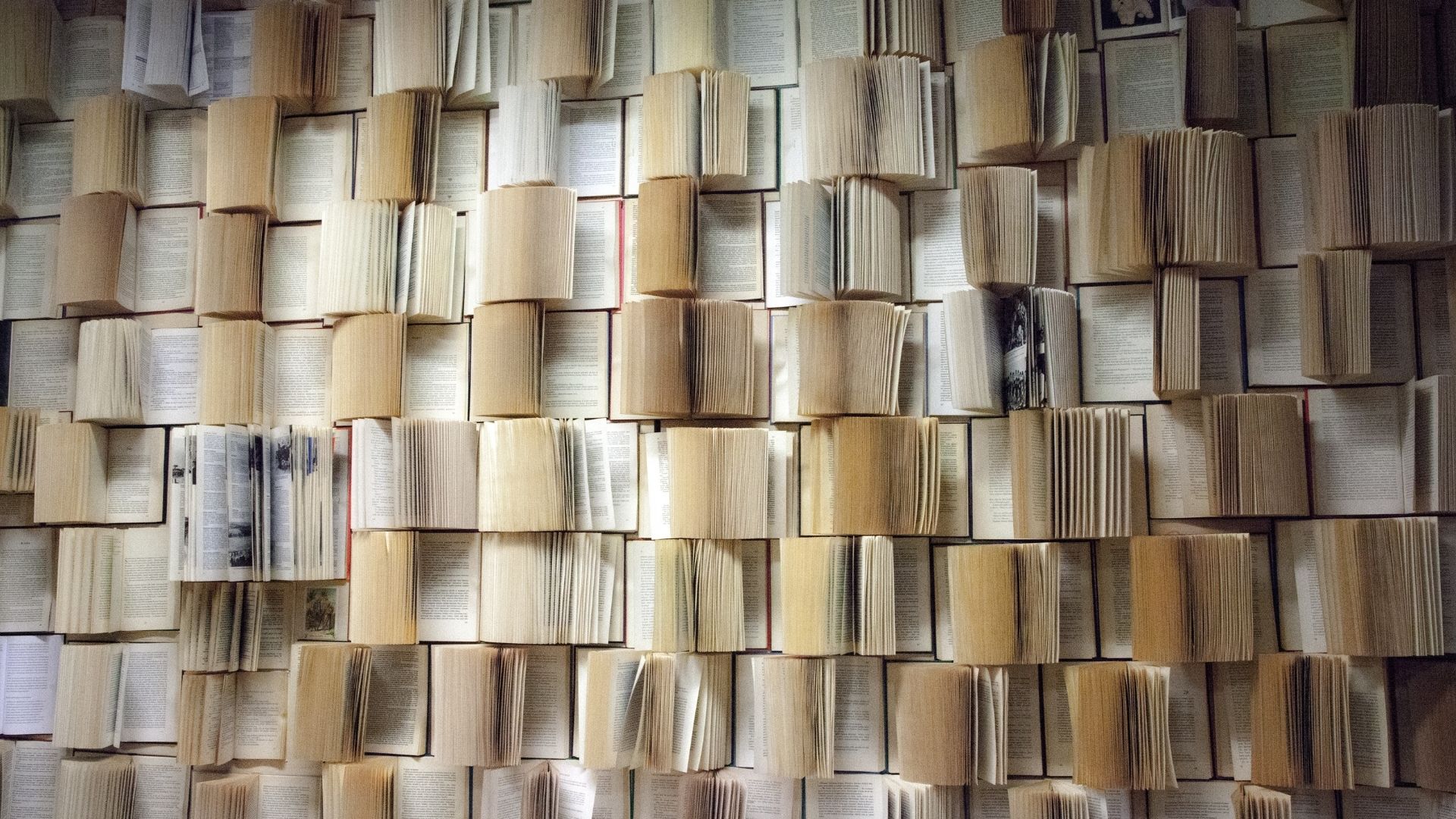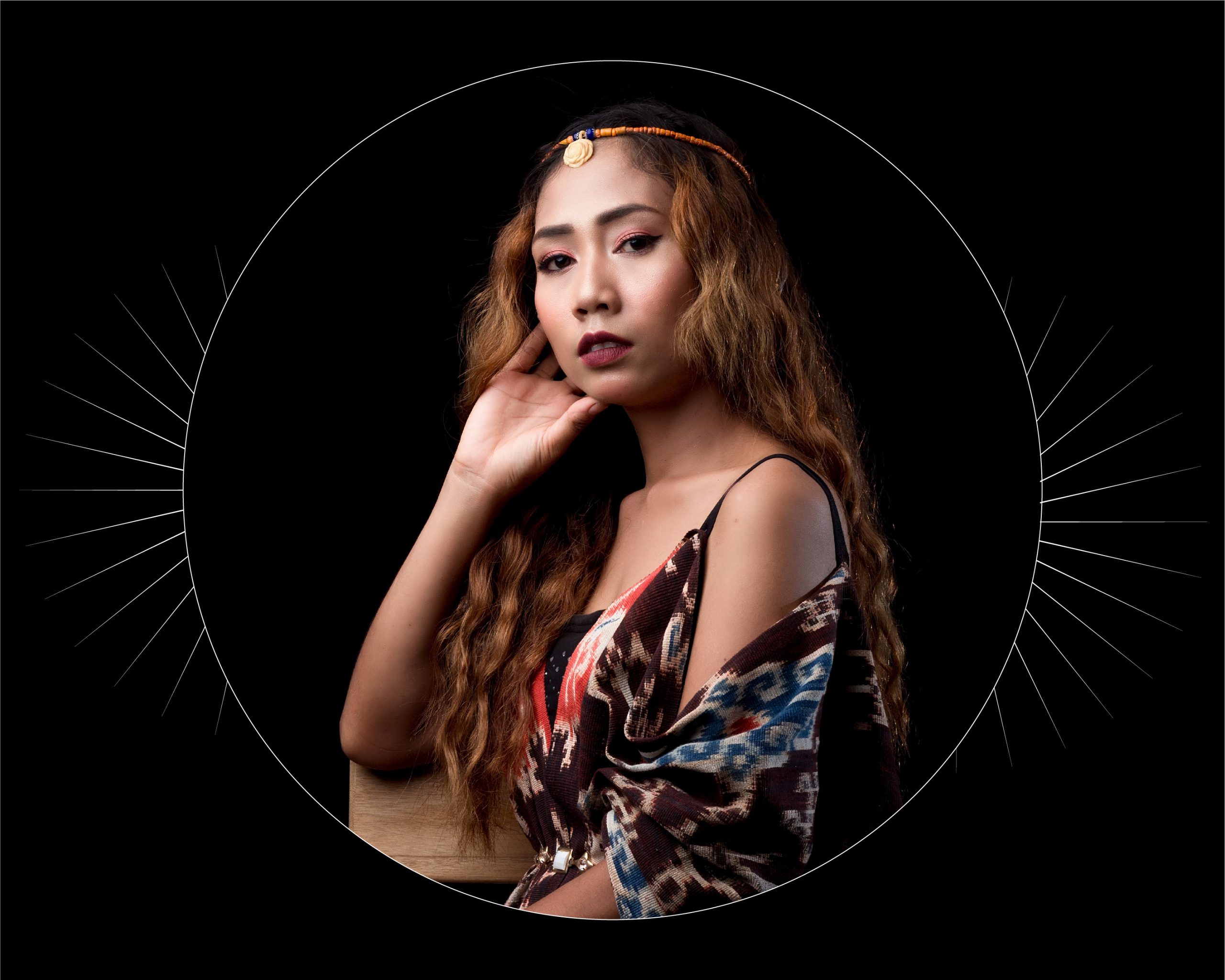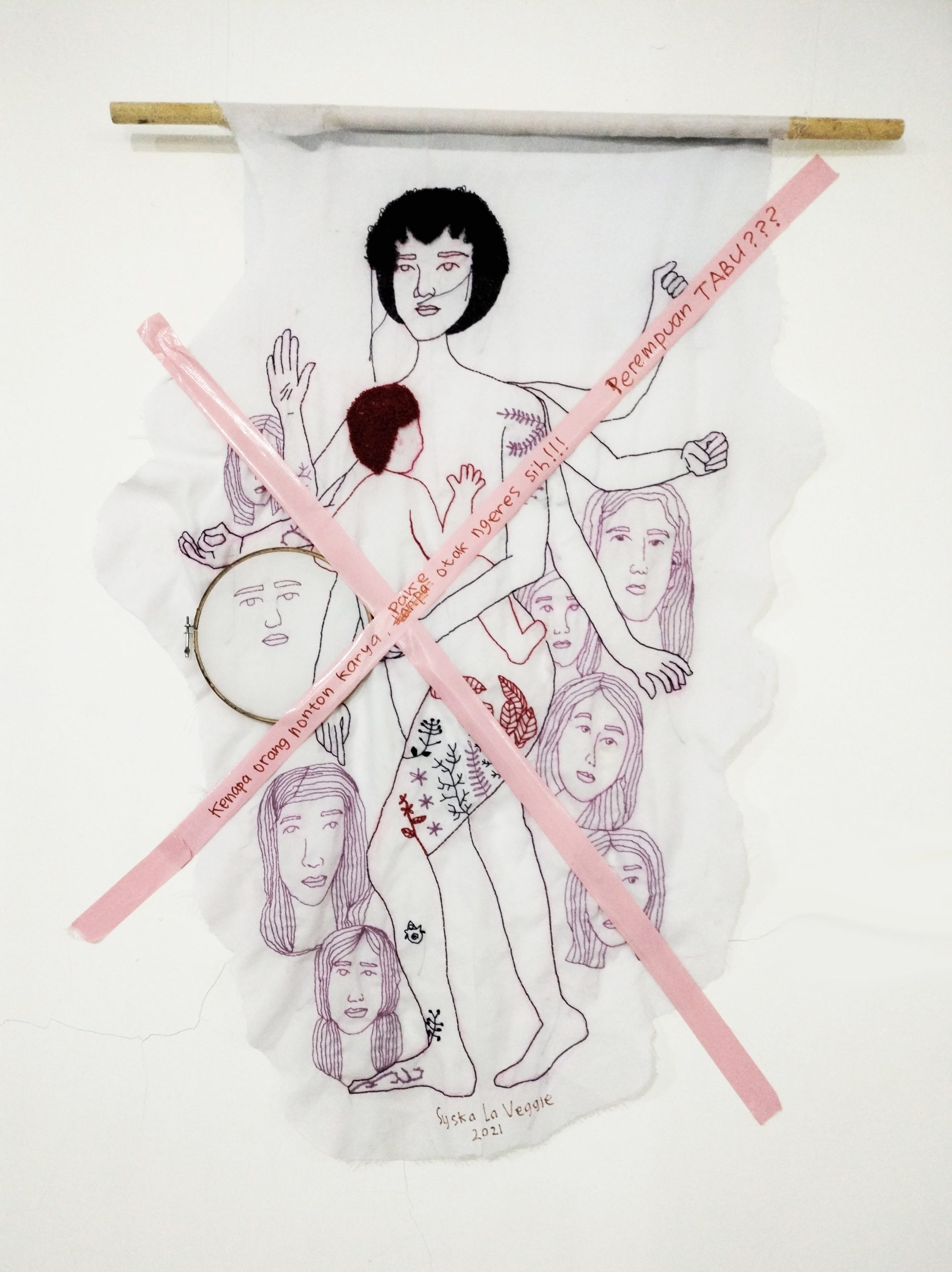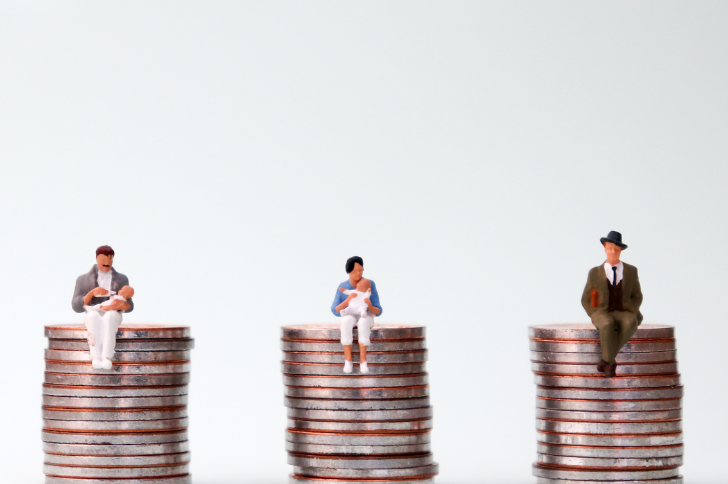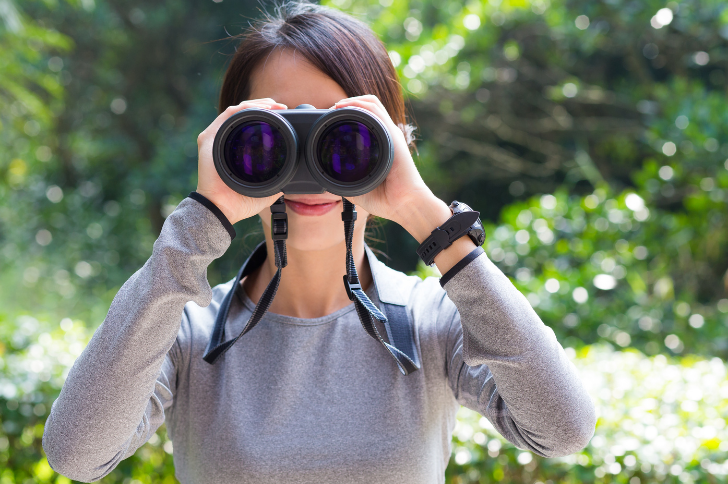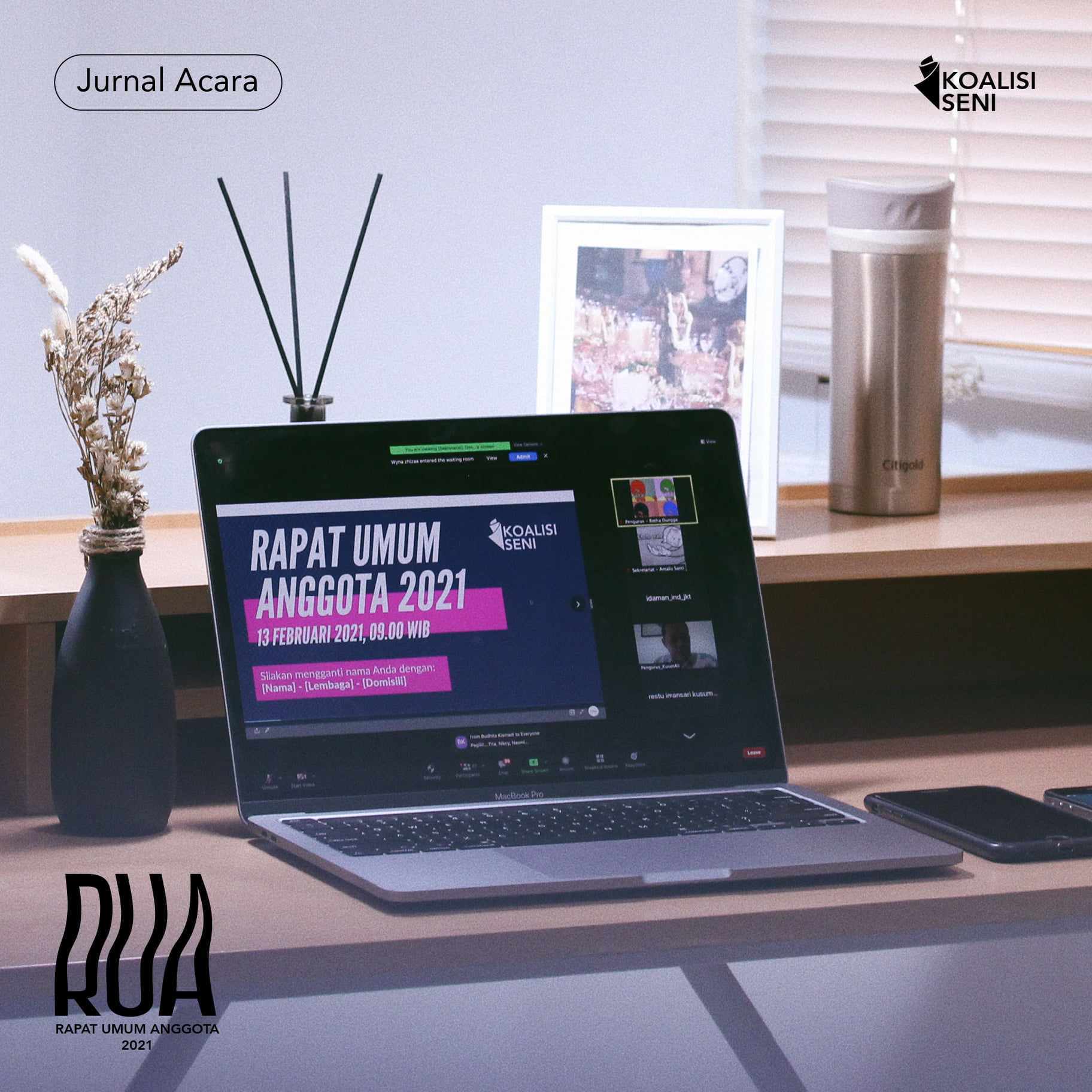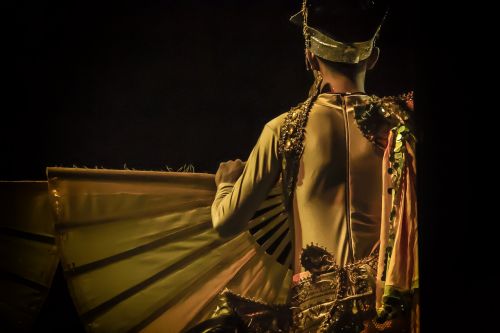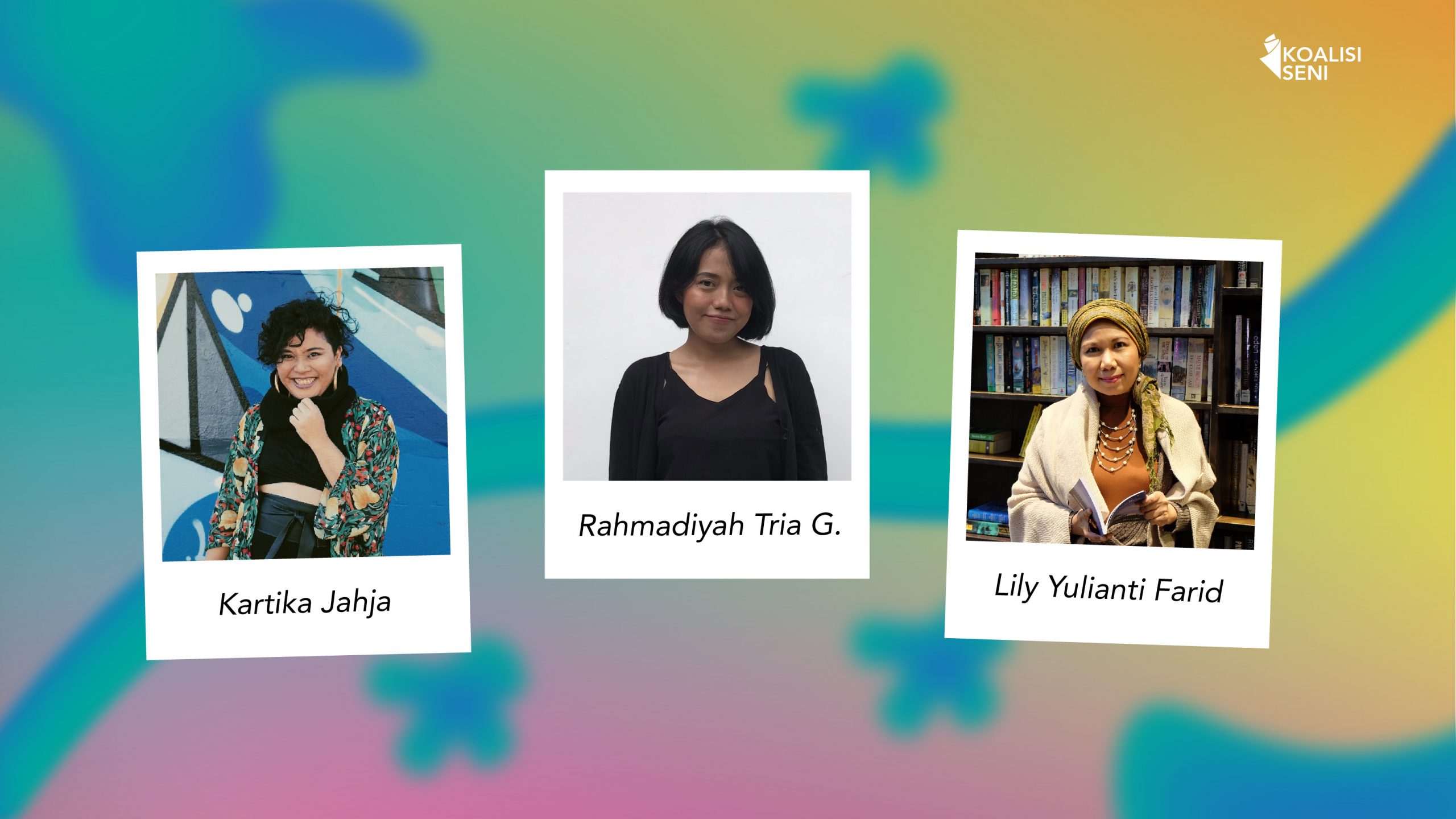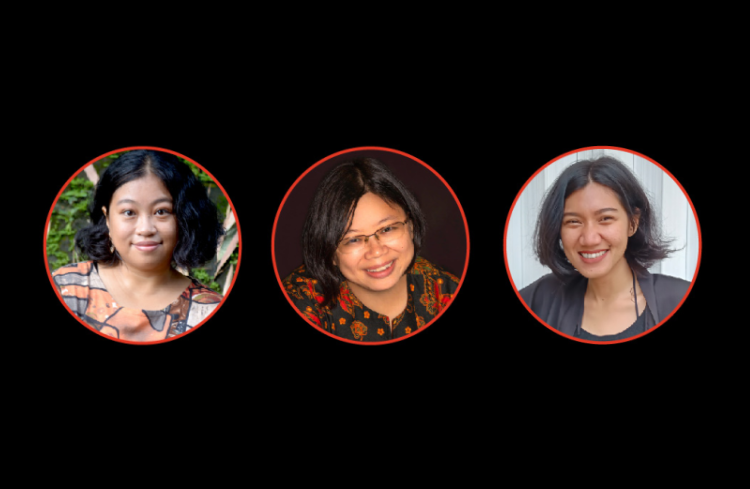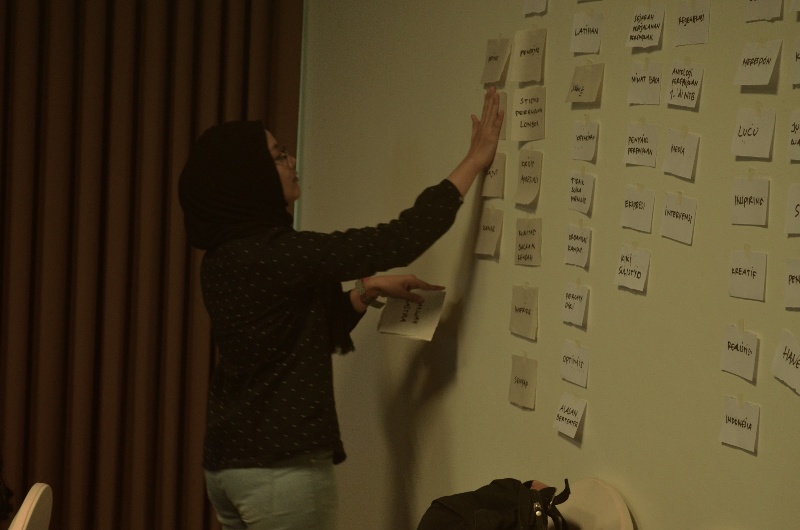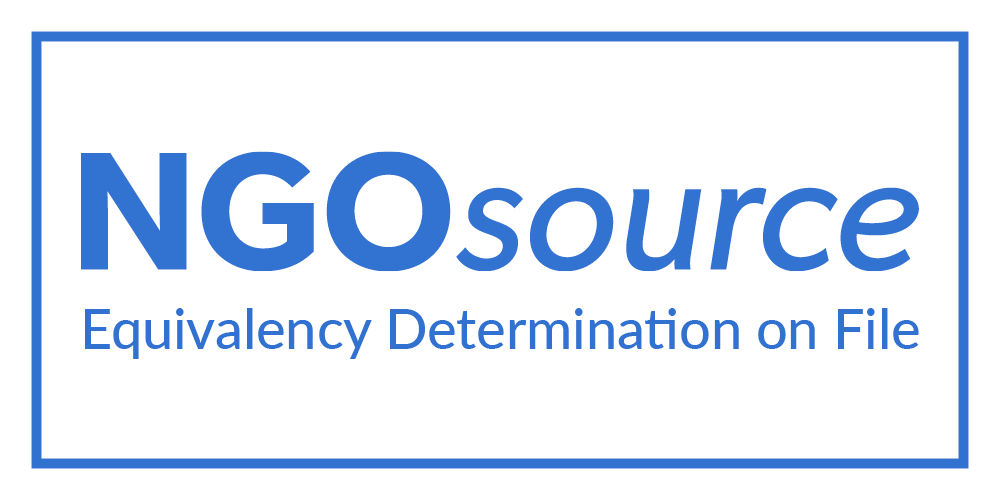Advocacy
Gender Equality in Arts
To promote arts policies which integrate a gender perspective
arts activists, government, civil society organizations
- Lobby to the Directorate-General for Cultures for policy amendment has begun.
- Efforts to raise public awareness has begun.
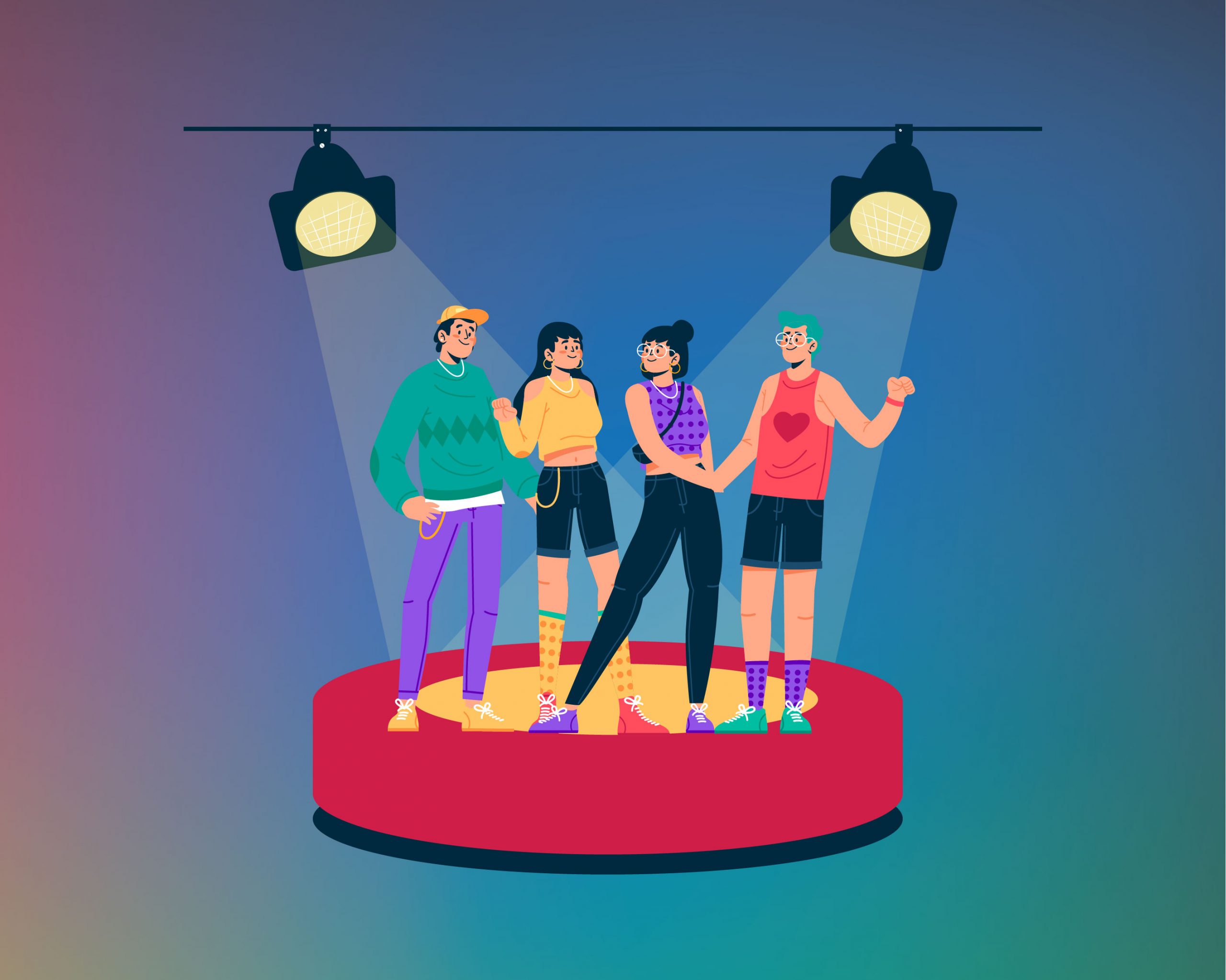
Every citizen, regardless of their gender, has the right to engage in arts activity with freedom. Unfortunately, there has not been any systematic protection and support from both the government and actors in the arts industry for female and non-binary artists. The dissemination of knowledge regarding gender awareness/perspective among arts activists and policymakers is still inadequate. As a result, gender inequality has become a systemic issue within the arts ecosystem.
The inequality is identifiable in many different aspects.
For example, there is only a small number of women – and no non-binary person – who hold offices in the government and serve as policymakers on art. This situation is found at the Directorate-General for Cultures and other related government local offices. The Ministry of Women Empowerment and Child Protection does not establish any workforce dedicated to women-related issues in the realm of arts and culture.
On the other hand, women and non-binary persons are not well represented within the discourse on arts field and history. Although, on the contrary, there are many of them who have contributed to the arts ecosystem and accomplished outstanding achievements.
In addition, sexual harassment against women in the arts industry happens quite often. There are a lot of cases which go unreported or cannot be followed up because of the very vulnerable situation of the sexual harassment survivors. They must face public judgment and lose their career opportunities, making the trauma recovery increasingly hindered.
Additionally, many suppression attempts directed toward women and non-binary persons are still to be found, citing communism, blasphemy, LGBTQ, and acting against customs and ethics as the excuses.
Issues faced by transgender artists need to be addressed as well. Double stigmas and gender binarism in different mechanisms of data collection can potentially exclude their track records from arts history.
To that end, it is time for Koalisi Seni to engage in the arts policy advocacy that includes gender perspective even further. This becomes a shared issue with increasing urgency in the realm of arts and culture.
The advocacy is done through several means of implementation:
- Data collection regarding gender inequality in the decision-making process for arts as well as sexual and gender-based violence in the arts ecosystem.
- Proposing the discourse to the public through mass media op-ed and podcasts.
- Lobbying for gender perspective mainstreaming into the government agencies.
- Gender & Creativity: Progress on the Precipice, UNESCO, 2021
- Stigmatization of Female arts Workers: Double Burden and Challenges (Stigma Negatif Perempuan Pekerja Seni, Beban Ganda dan Tantangan)
- Gender Bias Reveals Consequences For Female Artists
- Get the Facts About Women in the Arts
- Why Is Work by Female Artists Still Valued Less Than Work by Male Artists?
- Still Happening: Gender Inequality in Art


